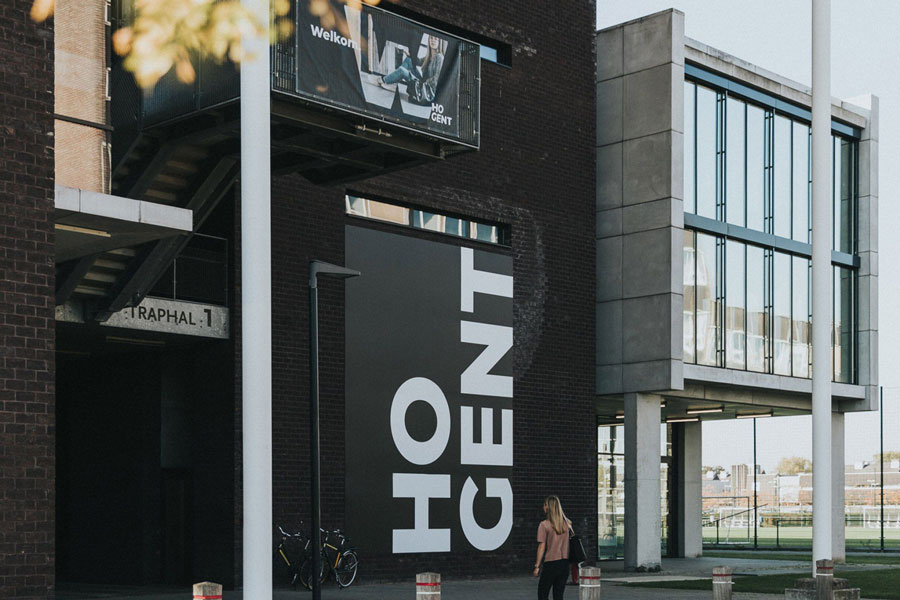Global issues such as climate change, ethics, human rights, scarcity of natural resources – and their
impact on the strategy and risks of companies – result in a higher/broader need of information among
an organization’s stakeholders. These stakeholders want more insight in both financial ánd non-financial
corporate information. Consequently, the interest in integrated reporting has increased significantly.
Integrated reporting (IR) means that companies show how they create value in the short, medium and
long term concerning both financial and non-financial issues, such as employment, the society and the
environment. By considering these non-financial aspects as valuable capital, companies are able to
manage the organization in a more holistic way.
However, the question remains how organizations can report this non-financial information. The
European and national legislation provide a framework, but the specific translation into an integrated
annual report is still unclear to many (smaller) organizations. A final agreement on the European
Corporate Sustainability Reporting Directive (CSRD) is expected in 2022. This new European legislation
aims to create more transparency and insight into the sustainability performance of large companies
and listed SMEs.
However, many Belgian organizations still focus on the financial performance/impact in their annual
report, which does not always meet (1) information needs of stakeholders, and (2) the expectations that
will soon be anchored in the European and Belgian legislative framework. Companies need support to
identify relevant materialities, to formulate meaningful KPIs, and more generally to develop a roadmap
to get started with integrated reporting. This research project therefore aims to analyze (1) how Belgian
SMEs currently report their value creation, and (2) which steps they can take to further expand their
sustainability reporting in a meaningful way.
